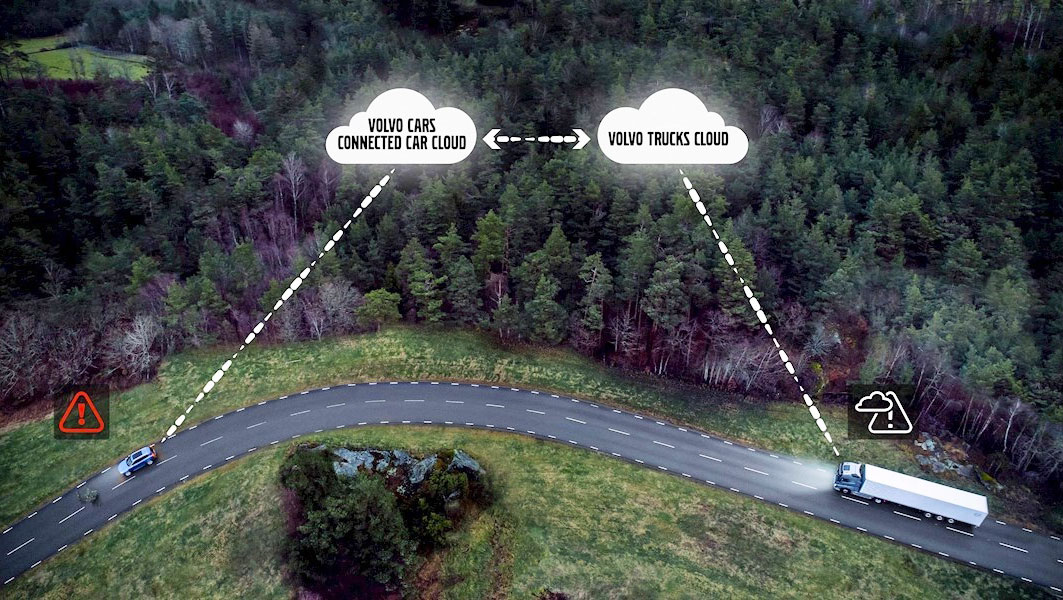
The key to road safety may lie in self-driving cars. That's the general conclusion of the National Highway Traffic Safety Administration's recently released policy report which urges states to draw up legislation that encourages testing of automated autos. Currently, only three states (i.e., California, Nevada and Florida) have enacted laws that permit companies like Google to operate these vehicles on public roadways. But the NHTSA hopes that with more state-backed adoption, advances in vehicle-to-vehicle communication and automatic braking can more quickly be refined, thus paving the way for industry standards and eventual commercial deployment.
The agency, an arm of the US Department of Transportation, is also conducting its own research into V2V systems and driver guidelines for self-driving cars; the first phase of which is set to play out over a four-year period. For now, though, it still has a few additional hurdles to overcome, namely consumer perception (the NHTSA estimates self-driving cars could reduce crashes by 80 percent) and possible WiFi interference from the whitespace spectrum freed up by the FCC. Though the NHTSA's sights are clearly set on an automated vehicle future, it's yet to determine whether or not inclusion and use of that tech will be mandated.
Filed under: Transportation, Google
Comments
Via: Bloomberg
Source: NHTSA
 Volvo Cars announced today that some of its models will begin sharing real-time data with certain Volvo trucks. When drivers of Volvo cars with the Hazard Light Alert system switch on their hazard lights, an alert is sent to all other nearby cars wit...
Volvo Cars announced today that some of its models will begin sharing real-time data with certain Volvo trucks. When drivers of Volvo cars with the Hazard Light Alert system switch on their hazard lights, an alert is sent to all other nearby cars wit...
 Volvo Cars announced today that some of its models will begin sharing real-time data with certain Volvo trucks. When drivers of Volvo cars with the Hazard Light Alert system switch on their hazard lights, an alert is sent to all other nearby cars wit...
Volvo Cars announced today that some of its models will begin sharing real-time data with certain Volvo trucks. When drivers of Volvo cars with the Hazard Light Alert system switch on their hazard lights, an alert is sent to all other nearby cars wit...
